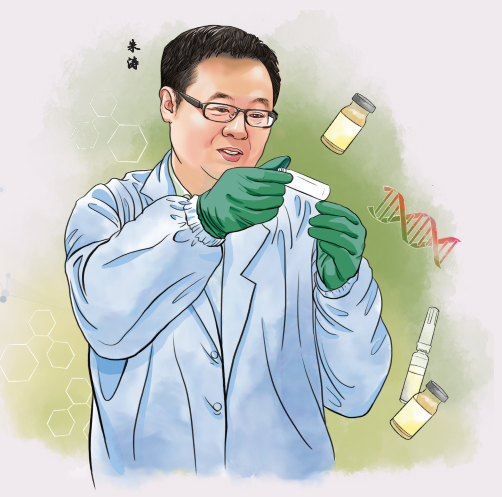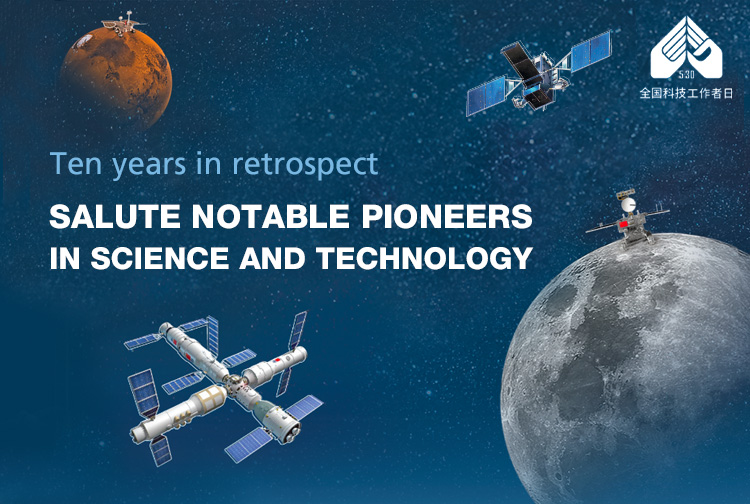Zhu Tao, 49

Zhu Tao, 49 [Illustration by Yang Liu and Li Xiaotian]
A vaccine expert and the chief scientist at CanSino Biologics. He is a member of the Chinese People's Political Consultative Conference National Committee, China's highest political advisory body.
Zhu is one of the key scientists behind Convidecia, a single-dose adenovirus-based viral vector vaccine for COVID-19, which has been listed by the WHO for emergency use.
Zhu Tao said recently that CanSino Biologics has been working hard to bring the future of COVID-19 vaccinations, where they may replace the "jab" with a "huff", the procedure being as simple as "sipping coffee".
The recipient takes a deep breath from a cup containing the aerosol of the vaccine, holds the gas for around five seconds, and slowly breathes out. The whole process takes around 10 seconds and is completely painless, making it ideal for individuals who are scared of needles, he said.
The vaccine has recently entered late-stage clinical trials. Preliminary data show that it is safe and can deliver broad protection against the COVID-19 virus and its mutated strains.
Inhaled or nasal spray COVID-19 vaccines are widely regarded as a game changer in the global fight against the highly transmissible Omicron variant, which primarily targets the upper airway. These types of vaccines will bolster the mucosal immunity of the respiratory tract, thus providing a first line of defense against the pathogen.
As a result, researchers in the United States, Canada, the United Kingdom, India and Japan are developing these types of vaccines. CanSino Biologics is one of the global front-runners in the race.
"We have always valued scientific and technological innovation as the No 1 source of productivity," he said. He added that an innovative spirit, a strong will to overcome difficulties, and conducting research in a rigorous and thorough manner are key to success for scientists.
"We scientists should continue to nurture quality talents and make new innovations, and contribute our insight and effort to achieving self-reliance in science and technology," he said.






